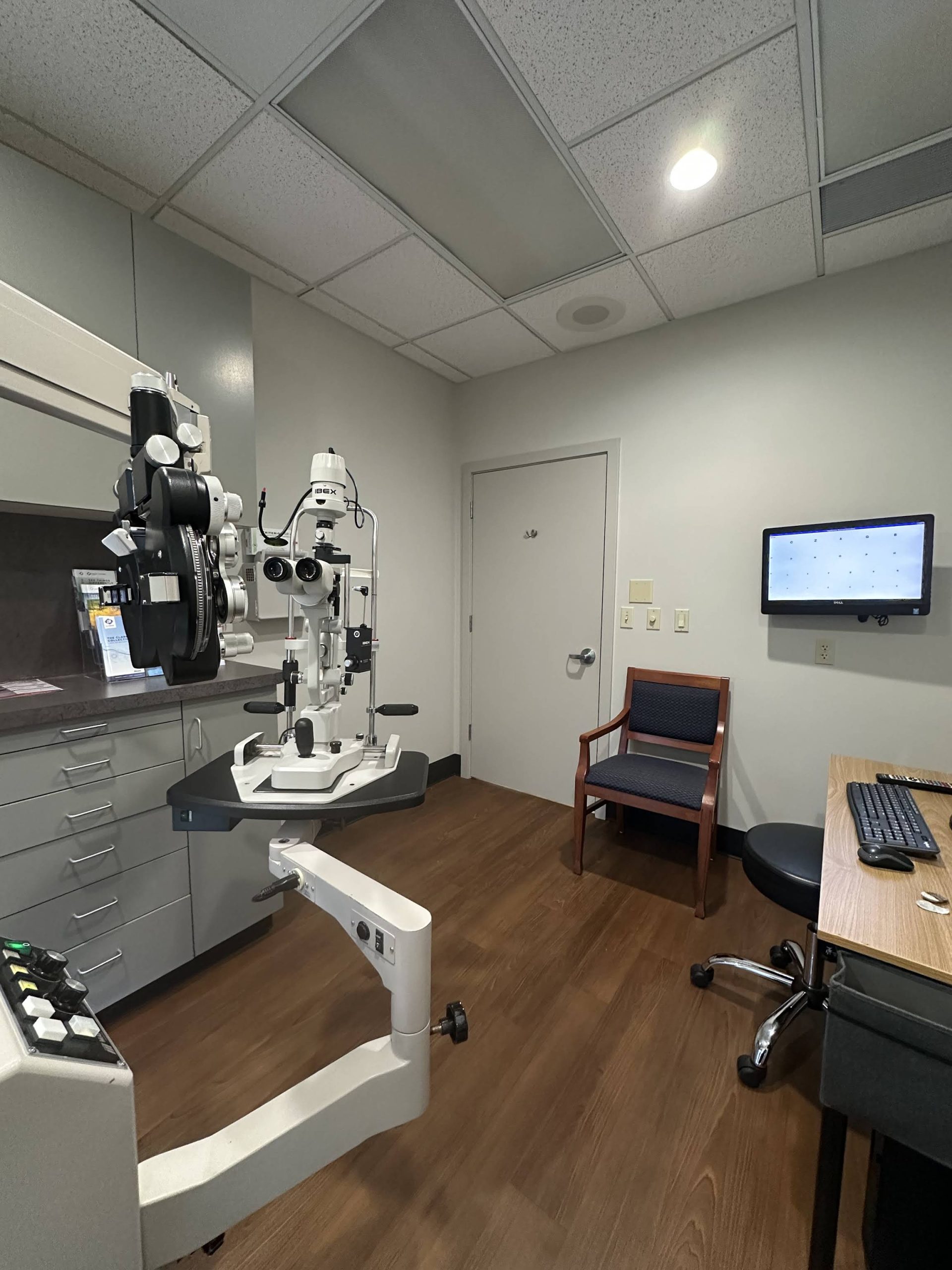 Ensuring the visual health of children is a crucial aspect of their overall development. In Bellevue, WA, parents have access to specialized care through pediatric eye doctors who are trained to address the unique needs of young patients. This article explores the importance of pediatric eye care, the services offered by these specialists, and how to choose the right eye doctor for your child.
Ensuring the visual health of children is a crucial aspect of their overall development. In Bellevue, WA, parents have access to specialized care through pediatric eye doctors who are trained to address the unique needs of young patients. This article explores the importance of pediatric eye care, the services offered by these specialists, and how to choose the right eye doctor for your child.
“`html
The Importance of Pediatric Eye Care
Children’s eyes are still developing, making them susceptible to various vision problems. Regular eye examinations are essential to identify any issues early on. Conditions such as amblyopia (lazy eye), strabismus (crossed eyes), and refractive errors can significantly impact a child’s learning and development if left untreated.
Moreover, many children may not be aware of their vision problems, as they might not know what “normal” vision looks like. This is why routine eye exams are vital, even for children who seem to have no vision issues. Early detection can lead to more effective treatment options and better outcomes.
Common Vision Problems in Children
Several common vision problems can affect children, and understanding these can help parents recognize potential issues. Refractive errors, such as nearsightedness, farsightedness, and astigmatism, are prevalent in children and can often be corrected with glasses or contact lenses.
Another significant concern is amblyopia, which occurs when one eye does not develop proper vision. This condition can lead to permanent vision loss if not addressed early. Strabismus, characterized by misalignment of the eyes, can also affect depth perception and overall visual function.
Services Offered by Pediatric Eye Doctors
Pediatric eye doctors in Bellevue offer a range of services tailored to meet the needs of children. These services go beyond standard eye exams and include specialized testing and treatment options.
One of the primary services provided is comprehensive eye examinations, which assess visual acuity, eye alignment, and overall eye health. These exams often involve the use of age-appropriate techniques to ensure that children feel comfortable and engaged during the process.
Specialized Testing Techniques
Pediatric eye doctors utilize specialized testing methods that cater to younger patients. For instance, visual acuity tests for children may involve the use of pictures or symbols rather than letters, making it easier for children to understand and participate.
Additionally, these specialists may employ techniques such as cycloplegic refraction, which involves using eye drops to temporarily paralyze the eye’s focusing muscles. This allows for a more accurate assessment of refractive errors, ensuring that the child receives the correct prescription for glasses or contact lenses.
Treatment Options
Once a vision problem is diagnosed, pediatric eye doctors in Bellevue can provide various treatment options. For refractive errors, corrective lenses are the most common solution. Glasses can be prescribed based on the child’s specific needs, and in some cases, contact lenses may be an appropriate alternative.
For conditions like amblyopia or strabismus, treatment may involve vision therapy, patching, or even surgical options, depending on the severity of the condition. The goal of these treatments is to improve visual function and ensure that children can achieve their full potential in both academic and social settings.
How to Choose the Right Pediatric Eye Doctor
Finding the right pediatric eye doctor is essential for ensuring that your child receives the best possible care. Here are some factors to consider when making your choice.
Experience and Qualifications
When selecting a pediatric eye doctor, it is crucial to consider their experience and qualifications. Look for a specialist who has completed additional training in pediatric ophthalmology and has experience working with children of various ages.
Reading reviews and testimonials from other parents can also provide insight into the doctor’s approach and their ability to connect with young patients. A positive, friendly demeanor can make a significant difference in how comfortable a child feels during their visit.
Location and Accessibility
The location of the eye doctor’s office is another important factor. Choosing a pediatric eye doctor in Bellevue ensures that you have convenient access to care. Consider the office hours and whether they offer flexible scheduling options that accommodate your family’s needs.
Additionally, check if the office is equipped with child-friendly facilities. A welcoming environment can help ease any anxiety your child may have about visiting the doctor.
Preventive Eye Care for Children
Preventive eye care is essential for maintaining your child’s visual health. Parents can play an active role in this process by encouraging regular eye exams and promoting healthy visual habits at home.
Encouraging children to take breaks during prolonged screen time, ensuring proper lighting while reading, and promoting outdoor activities can all contribute to better eye health. Parents should also be vigilant for any signs of vision problems, such as squinting, rubbing the eyes, or difficulty focusing on objects.
Regular Eye Exams
The American Academy of Ophthalmology recommends that children have their first eye exam at six months of age, followed by additional exams at age three and before they enter school. After that, regular check-ups should be scheduled every one to two years, depending on the child’s needs.
These exams are crucial for monitoring eye health and ensuring that any changes in vision are addressed promptly. Early intervention can make a significant difference in outcomes for children with vision problems.
In addition to regular check-ups, parents should be proactive in discussing any family history of eye issues with their pediatric eye doctor. Genetic factors can play a significant role in a child’s eye health, and understanding these risks can lead to more tailored preventive measures. Furthermore, engaging children in conversations about their vision can foster an awareness of their eye health, encouraging them to express any discomfort or changes they might notice.
Educational Resources for Parents
To further support parents in navigating pediatric eye care, many organizations and clinics provide educational resources. These may include brochures, online articles, and workshops that cover topics such as the importance of eye health, common vision problems, and tips for maintaining good vision habits at home.
Moreover, local community programs often host events that promote eye health awareness, offering free screenings or educational sessions for families. Participating in these initiatives not only helps parents stay informed but also fosters a community approach to ensuring that all children have access to the eye care they need.
“`
If you’re ready to prioritize your child’s visual health and ensure they have the best possible start in life, Overlake EyeCare is here to help. Our commitment to excellence and Dr. Mary Coday’s expertise in cataract surgery and advanced intraocular lens technology make us a trusted choice for your family’s eye care needs. From routine eye examinations to specialized surgical consultations, we provide comprehensive services to protect and enhance your child’s vision. Don’t wait to secure the future of your child’s eye health. Contact Us Today to schedule an appointment and experience the highest level of service that you and your family deserve.

